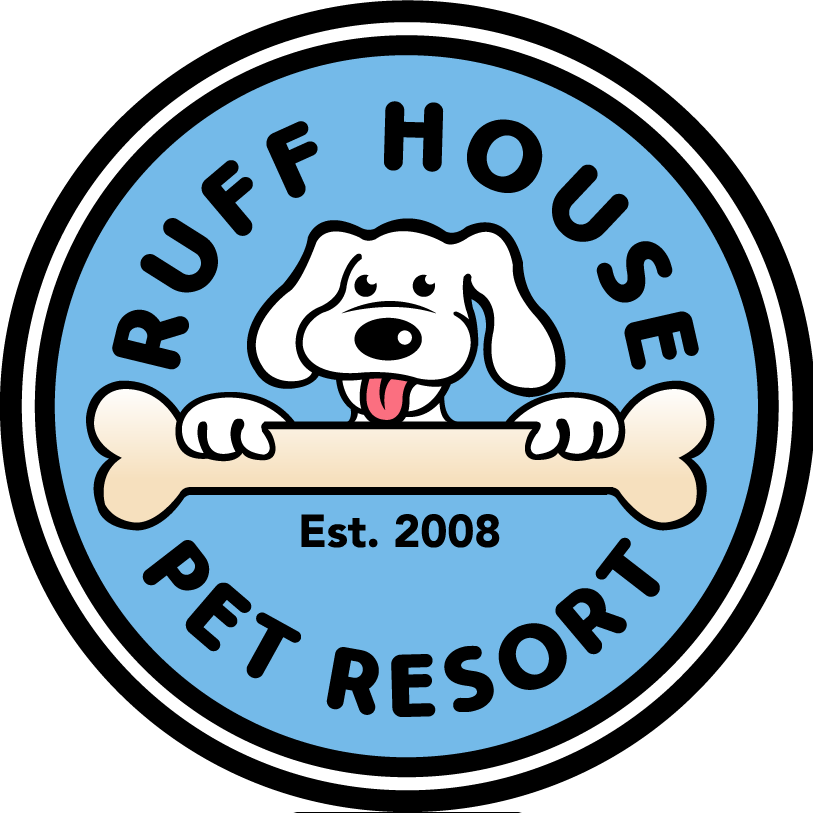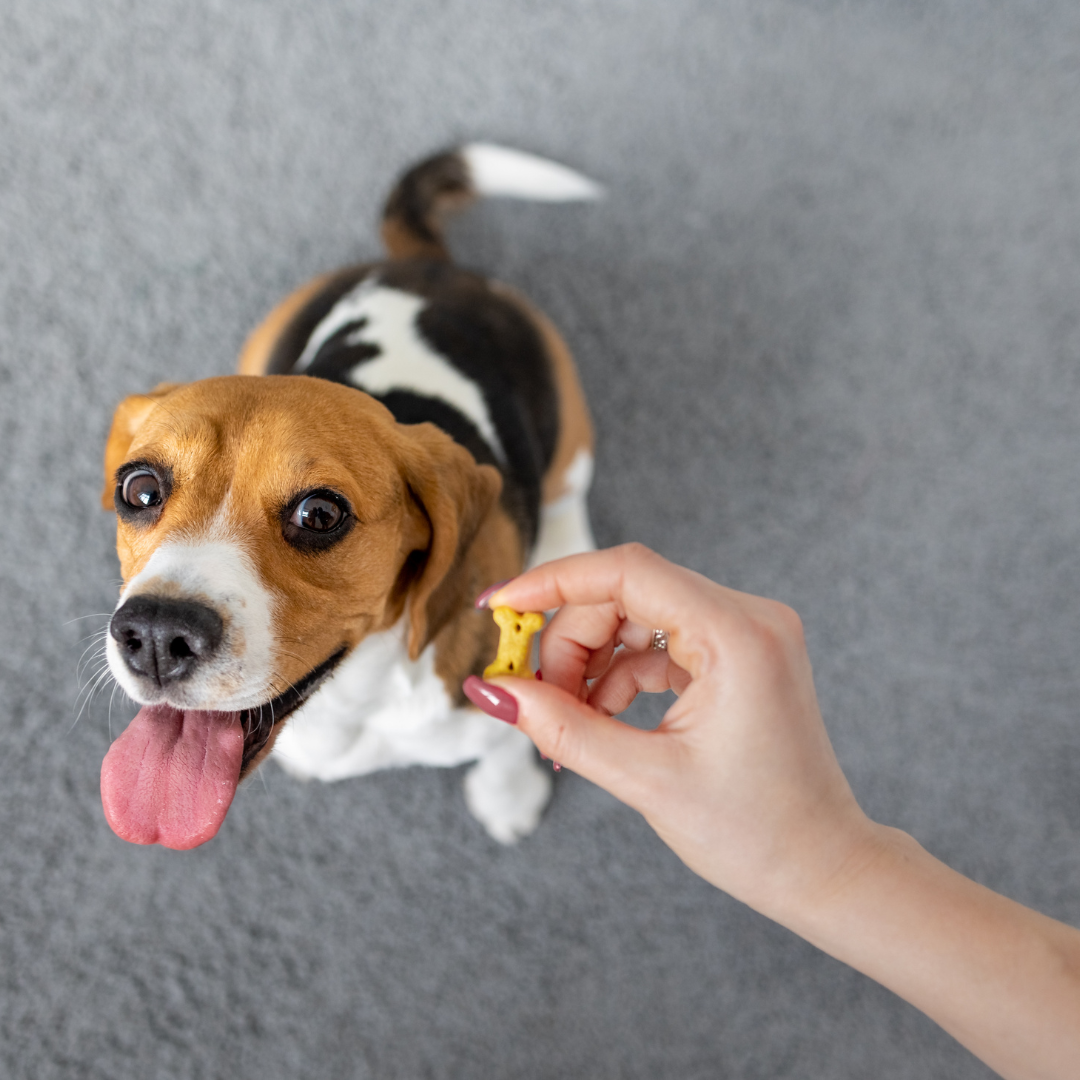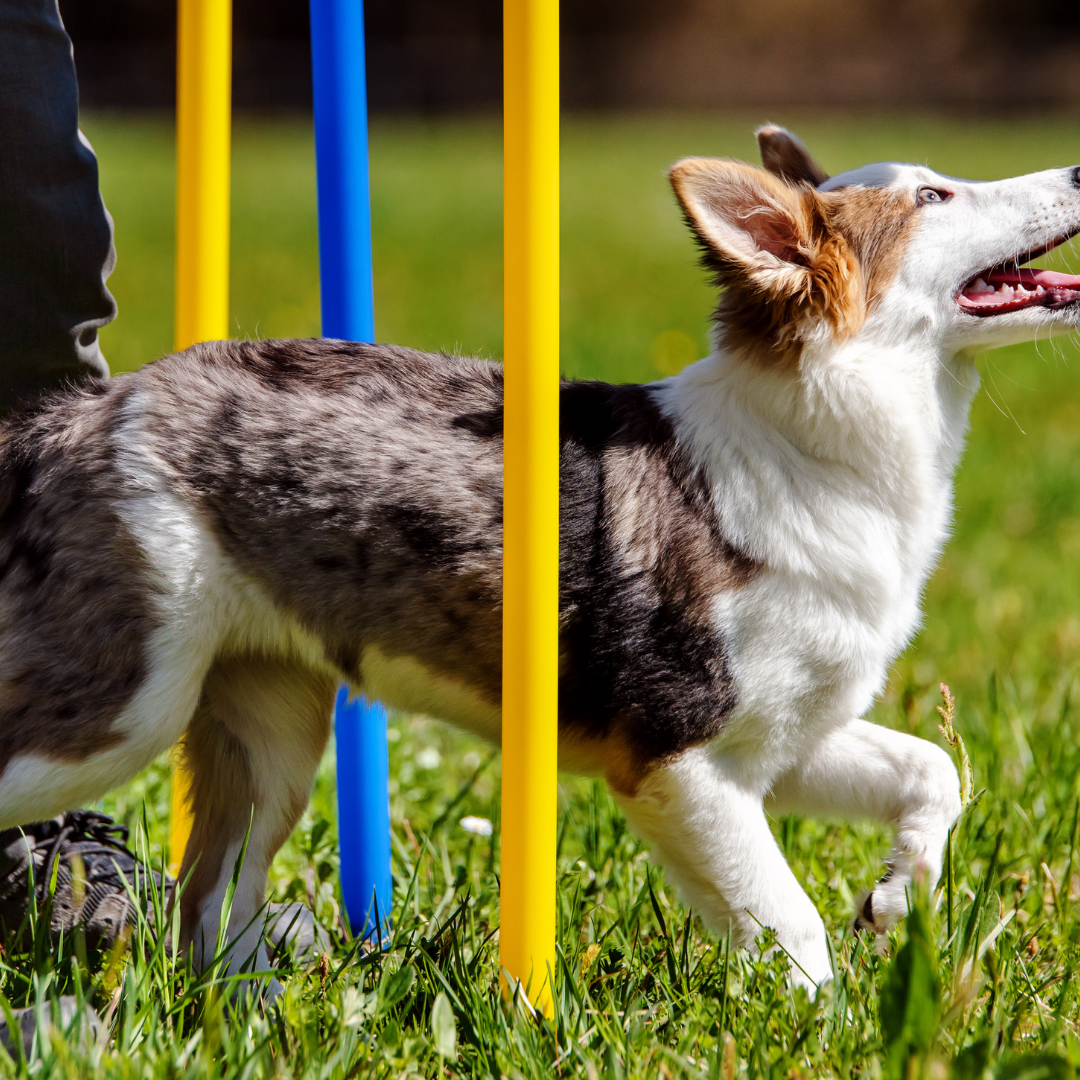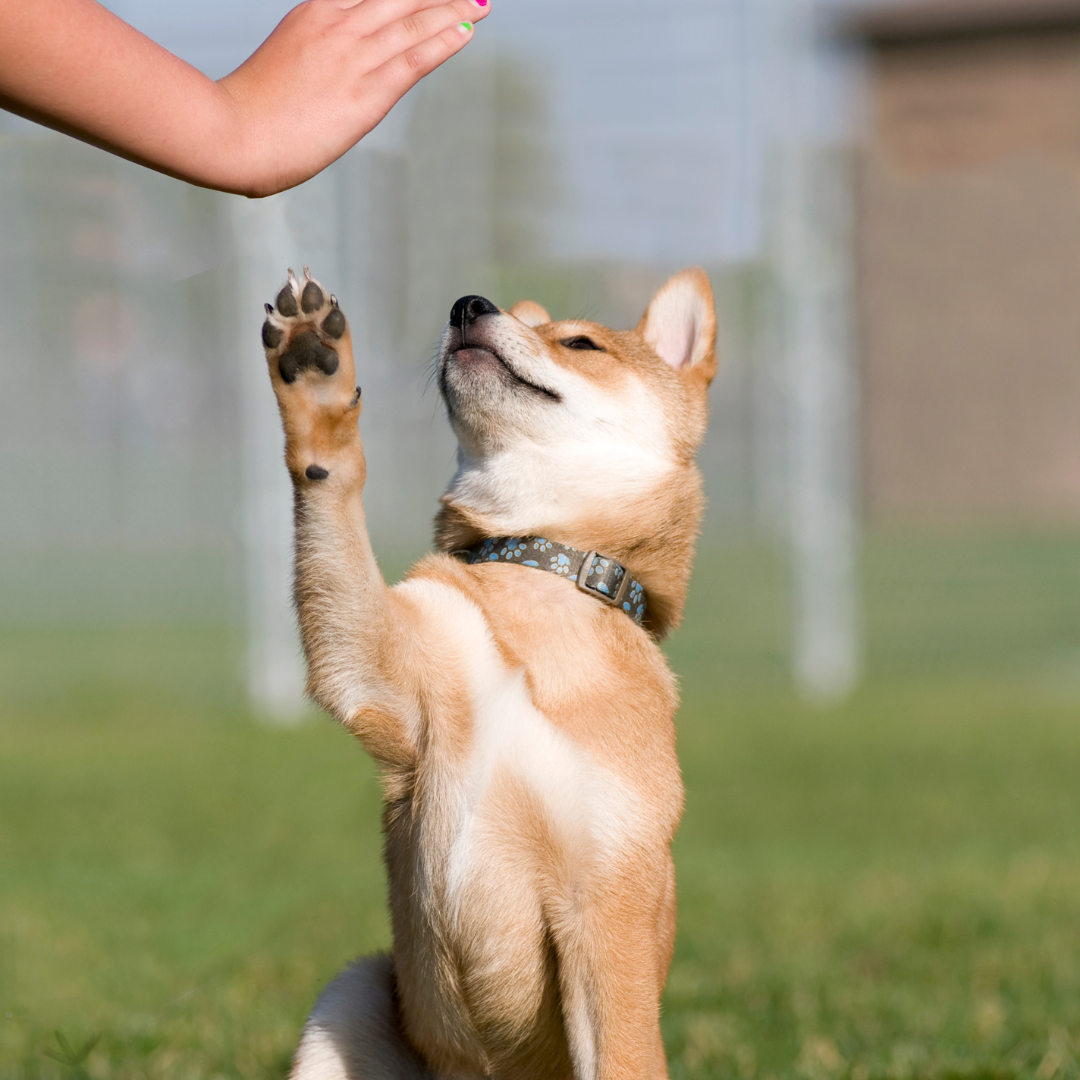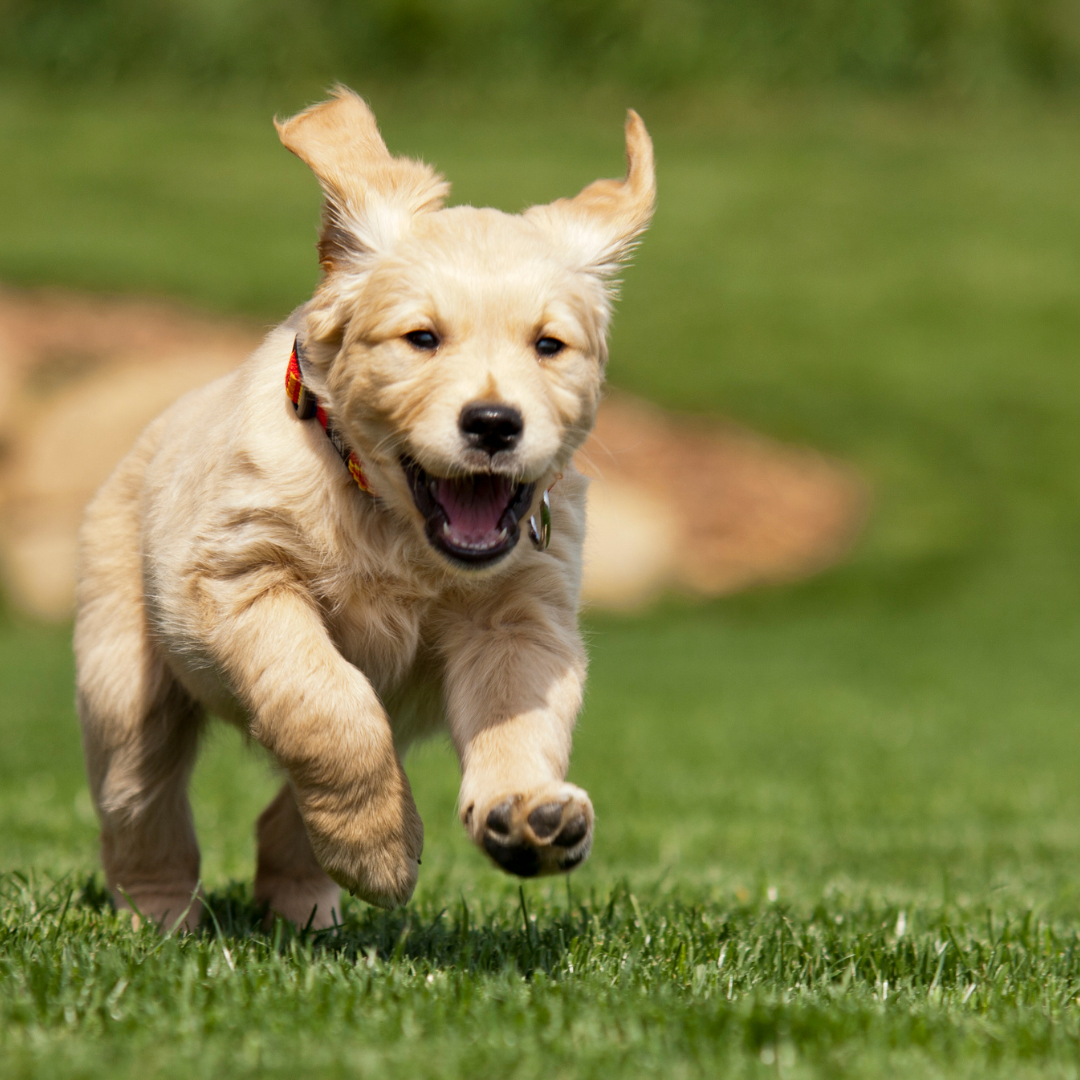Introduction
Bringing a new puppy into your life is an exciting and rewarding experience, but it comes with the responsibility of proper training. Puppyhood is a crucial time for laying the foundation of good behavior and building a strong bond with your furry friend. In this guide, we’ll explore the essential elements of Puppy Training 101 to help you nurture a well-behaved and happy companion.
Start Early, Start Right:
Begin training your puppy as soon as you bring them home. Early training helps prevent undesirable behaviors from becoming habits and establishes a positive routine from the start.
Positive Reinforcement:
Use positive reinforcement to encourage good behavior. Reward your puppy with treats, praise, or play when they follow commands or exhibit desired behavior. This method creates a positive association with training.
Basic Commands:
Teach fundamental commands such as sit, stay, come, and down. These commands form the basis of communication and help create a well-mannered and obedient pup.
Consistency is Key:
Be consistent in your commands, rewards, and schedule. Dogs thrive on routine, and consistency helps them understand expectations and boundaries.
Socialization:
Expose your puppy to various people, puppy day care environments, and other animals to promote socialization. This helps prevent fear or aggression issues later in life and contributes to a well-adjusted adult dog.
Potty Training:
Establish a regular bathroom routine and be patient during the potty training process. Accidents will happen, but with consistency and positive reinforcement, your puppy will learn where it’s appropriate to relieve themselves.
Crate Training:
Introduce your puppy to crate training as a safe and comfortable space. Crate training aids in housebreaking, prevents destructive behavior, and gives your puppy a sense of security.
Chew Toy Training:
Puppies love to chew, and it’s a natural behavior. Provide appropriate chew toys to satisfy this instinct and prevent destructive chewing. Redirecting their focus to designated toys helps protect your belongings.
Handling and Grooming:
Get your puppy accustomed to being handled, including touching their paws, ears, and mouth. Introduce grooming activities gradually to create a positive association and make grooming sessions stress-free.
Professional Training Classes:
Consider enrolling your puppy in professional training classes. These classes provide structured learning environments, expose your puppy to other dogs, and offer guidance from experienced trainers.
Conclusion
Puppy training is a journey that strengthens the bond between you and your furry friend while setting the stage for a well-behaved and happy adult dog. Patience, consistency, and positive reinforcement are the cornerstones of successful puppy training. Embrace the process, enjoy the moments of growth, and watch as your adorable ball of fur transforms into a well-mannered and loving companion.
